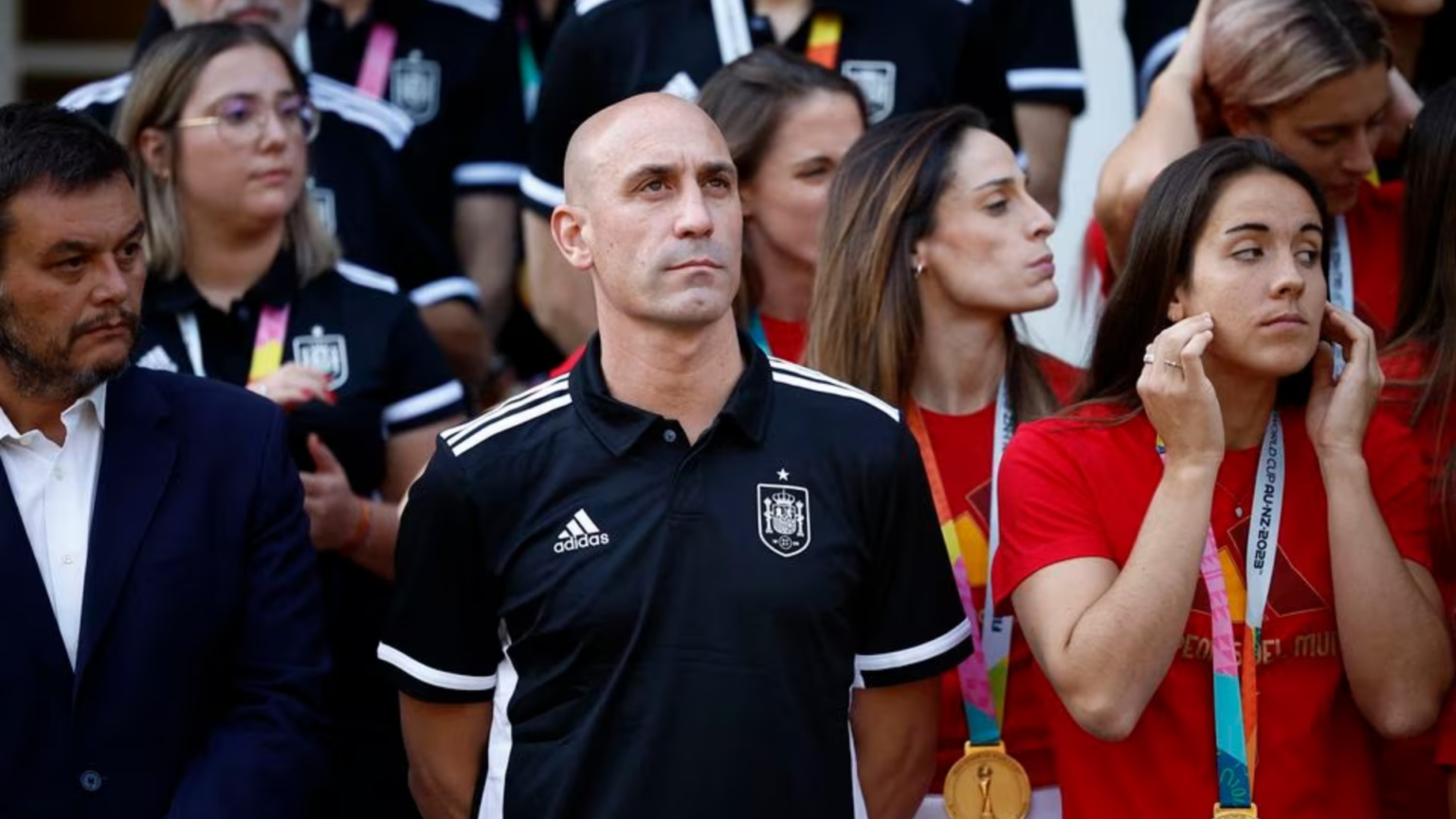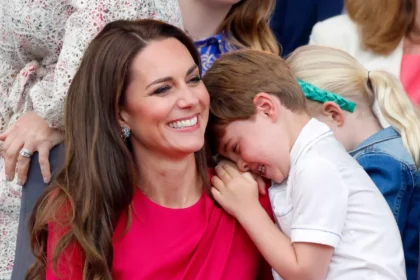Tensions are running high within the Spanish Football Federation as regional leaders demand the immediate resignation of President Luis Rubiales. The enthusiasm stems from a controversial incident in which Rubiales kissed player Jenni Hermoso, triggering a cascade of accusations and a fierce debate surrounding consent and appropriate conduct.
The incident unfolded against the backdrop of Spain’s triumph in the Women’s World Cup final, where Rubiales, aged 46, kissed 33-year-old forward Jenni Hermoso on the lips during a post-match ceremony. What might have seemed like a celebratory gesture soon snowballed into a contentious issue, shedding light on questions of consent, professionalism, and ethical behavior.
Hermoso’s swift response during a live stream, in which she revealed her discomfort and lack of consent regarding the kiss, set off a chain reaction. Spanish prosecutors initiated a preliminary investigation to ascertain whether the incident could potentially be classified as sexual assault, emphasizing the gravity of the situation.
The timeline leading up to the present state of affairs is crucial to understanding the magnitude of the controversy:
August 20: In the aftermath of Spain’s World Cup victory, President Luis Rubiales embraces and kisses Jenni Hermoso on the lips, a moment that would eventually ignite widespread debate.
August 21: Facing mounting criticism from football colleagues, media outlets, and even the Spanish prime minister, Rubiales issues an apology, expressing remorse for any offense caused and acknowledging the backlash against his conduct. Calls for his resignation reverberate.
August 24: FIFA intervenes by launching disciplinary proceedings to investigate Rubiales’ actions, underscoring the international attention the incident has garnered.
August 25: Rubiales firmly maintains that the kiss was consensual during a crucial emergency meeting of the Royal Spanish Football Federation (RFEF). The Spanish government, seeking to capitalize on the moment, initiates legal proceedings to suspend Rubiales, with the hope of sparking a watershed moment akin to the #MeToo movement in Spanish football. Jenni Hermoso’s Instagram statement contradicts Rubiales’ assertion, asserting that the kiss was never consensual. In a remarkable turn of events, 81 Spanish players, including the entire Women’s World Cup squad, join forces, pledging not to play for the national team while Rubiales remains in power.
August 26: The RFEF doubles down by pledging to pursue legal action against any misinformation being propagated. FIFA responded by provisionally suspending Rubiales, pending the outcome of their disciplinary inquiry. The situation takes a more dramatic turn as Jorge Vilda, the head coach who steered Spain to World Cup victory, publicly criticizes Rubiales. In solidarity, his entire coaching team tenders their resignation, expressing their disapproval of the federation president.
August 27: The federation’s representative for sexual violence protocol confirms an ongoing internal investigation into the unfolding events.
August 28: Rubiales’ mother takes a poignant stance by embarking on a hunger strike within a Motril church, her son’s hometown, drawing attention to the gravity of the situation. Spanish prosecutors escalate matters by initiating a preliminary investigation to determine if the incident qualifies as a crime of sexual assault.
The incident’s rapid escalation underscores not only the personal dynamics involved but also the broader issues of consent, gender equity, and professional integrity within the realm of sports. As investigations and discussions proceed, the Spanish Football Federation finds itself at a crossroads, with the international community watching closely. The incident has highlighted the critical need for accountability, respect, and sensitivity in all interactions, both on and off the field.




